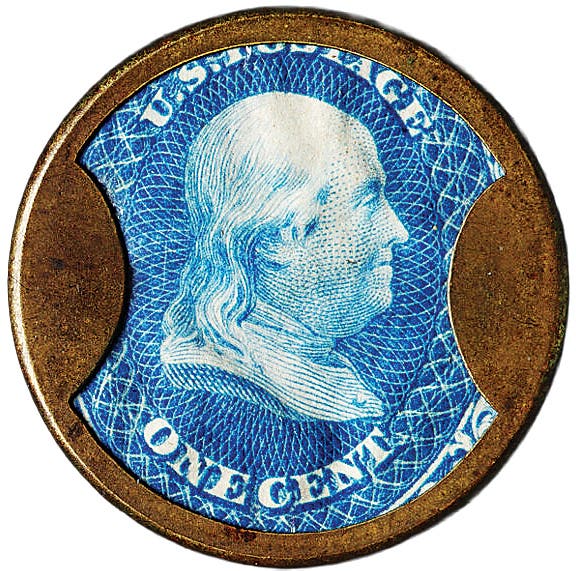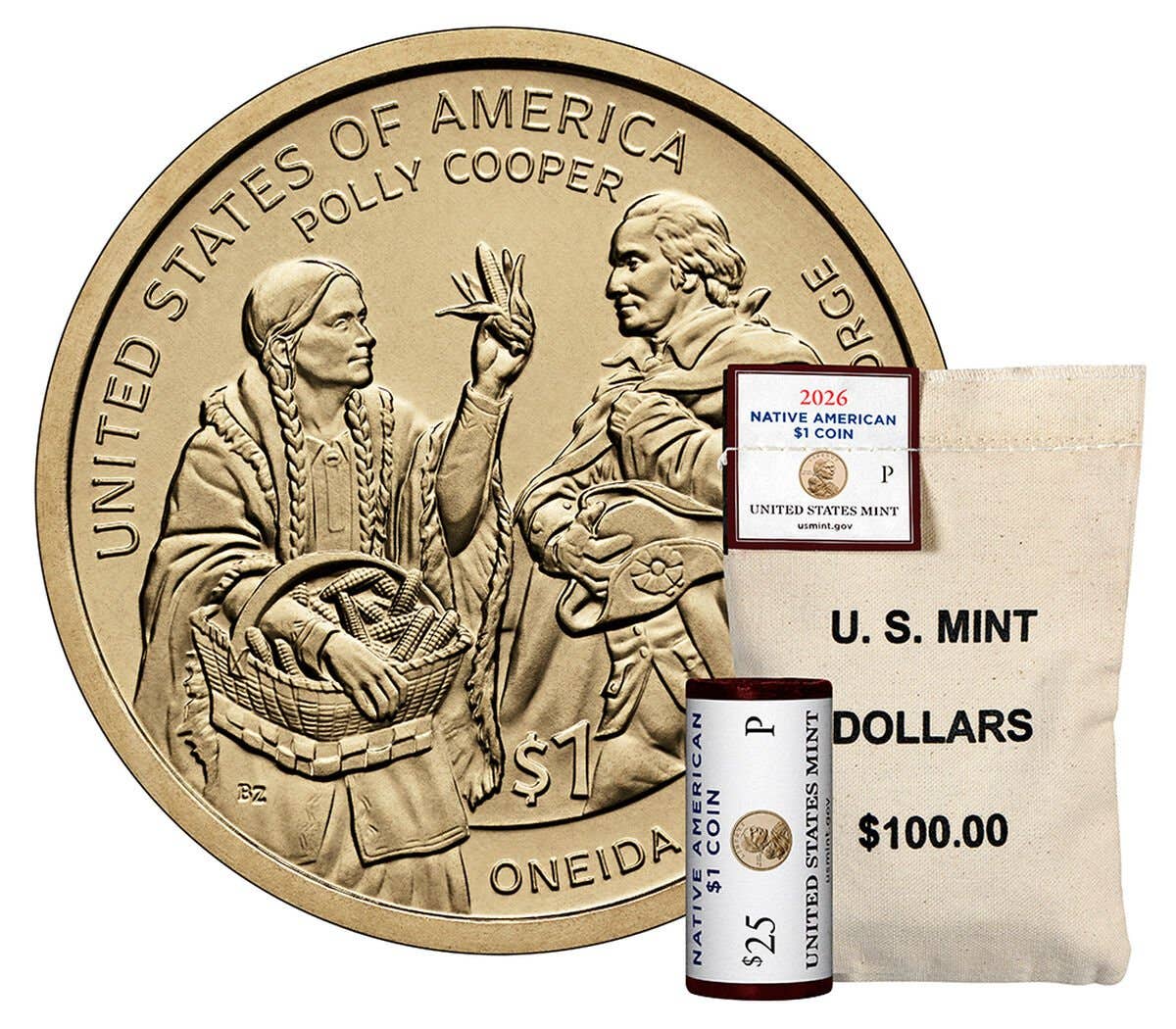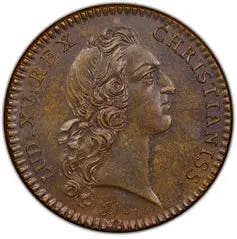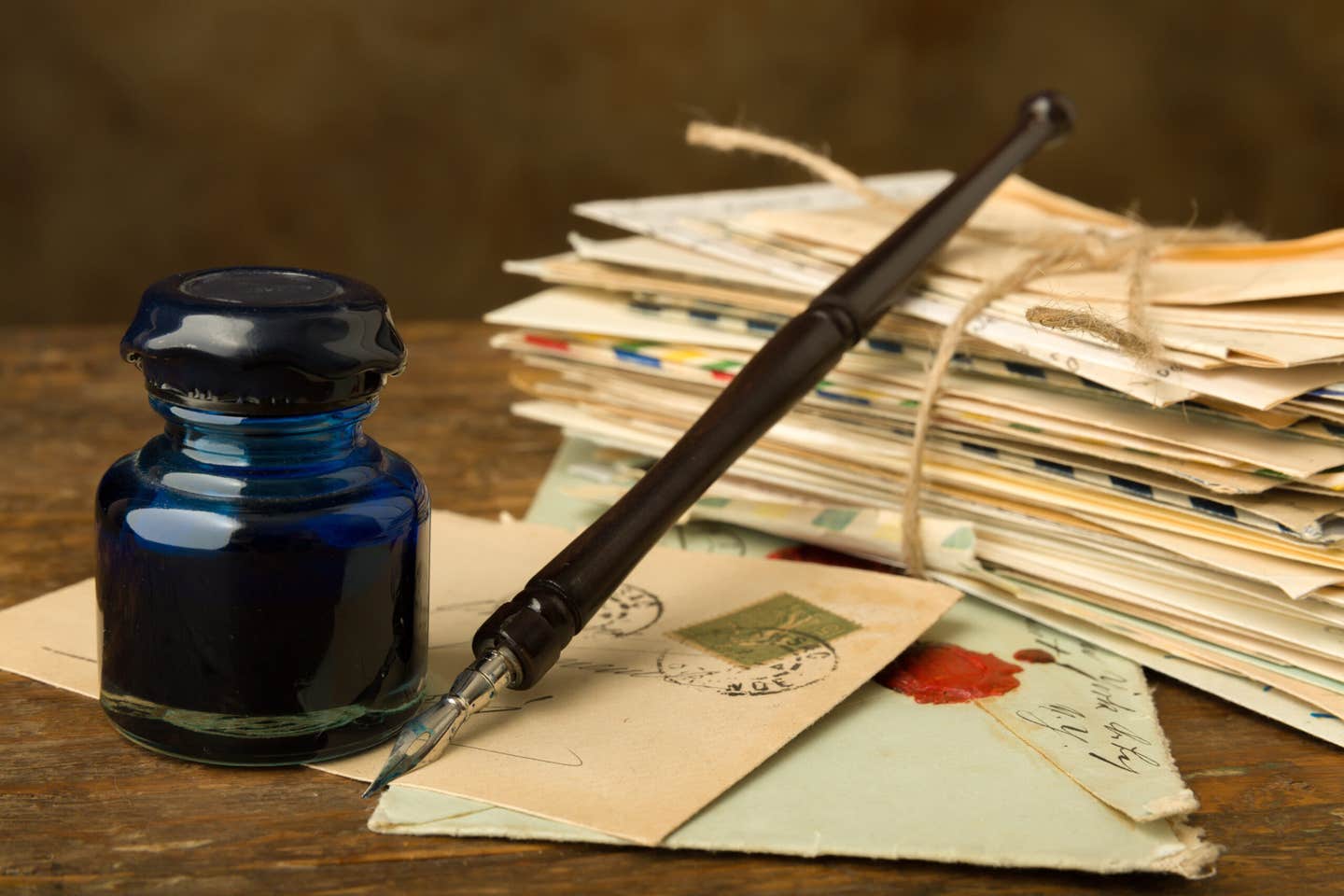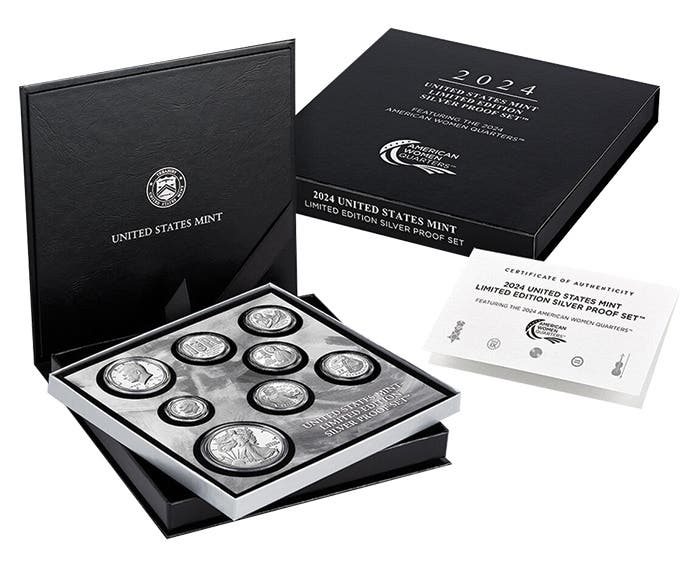Coins, moon rocks show priority issue
As a parent, I have learned the importance of choosing your battles. In other words, addressing the things that are most significant. That said, it troubles me to think that the government has not yet learned this lesson.
By Richard L. Francis
As a parent, I have learned the importance of choosing your battles. In other words, addressing the things that are most significant. That said, it troubles me to think that the government has not yet learned this lesson.
I followed with much interest the Langbord trial involving the 10 1933 double eagles. Regardless of whether one agrees or disagrees with the court’s decision, the government’s action to sue over possession of 10 coins begs the question, “Don’t they have more important things to do?”
Within the scope of the many responsibilities of the government, I feel the quest for ownership of 10 coins to be minuscule in comparison.
I would like to say that the above is an isolated incident and that the government does have its priorities straight, however, after reading a recent Associated Press story, it seems it does not.
In the Oct. 24 article, Joann Davis, a 74-year-old grandmother, was trying to raise money for her sick son. She emailed a NASA contractor May 10 trying to find a buyer for the rock, one she claims was given to her space-engineer husband by Neil Armstrong in the 1970s.
The moon rock was one of many space-related heirlooms her husband left her when he passed away in 1986. NASA contends moon rocks are government property.
After Davis’ call to NASA, investigators arranged a “sting,” where a government agent met with Davis. Soon after she presented the moon sample, about half a dozen sheriff’s deputies and NASA investigators rushed into the meeting place. Officers took hold of Davis and took her outside. Davis said, “They grabbed me and pulled me out of the booth.”
She continued, “I had very, very deep bruises on my left side.” The 4-foot, 11-inch woman said she was so scared she lost control of her bladder. She was detained and questioned for two hours. Davis was allowed to go home, without the moon rock, and was never booked or charged with any wrongdoing.
According to Joseph Gutheinz, a University of Phoenix instructor and former NASA investigator who has spent years tracking down missing moon rocks, said NASA did not always take good care of lunar materials. In some instances, space suits were simply hosed off and any moon dust on them was lost forever.
While bigger rocks, such as those given to various countries and museums, were carefully inventoried and tracked, it now appears that there are unknown numbers of much smaller pieces circulating in the public. Some of those may have been turned into paperweights and given away by NASA engineers.
Like what you're reading? Subscribe to our FREE email newsletter![form id="27827"]
While NASA has given hundreds of lunar samples to nations, states and high-profile individuals, it is with the understanding they remain government property. In other words, any moon rock or moon dust particle cannot be sold according to the government.
It should be noted that while authentic, the sample in question is smaller than a piece of rice. Obviously, the early actions of NASA indicate little interest in such particles, hosing down its space suits and losing these moon dust particles forever. Why now are these particles of such high importance?
I must now ask, would the government pursue with the same vigor, ownership and possession of an item they felt they had claim to, however, which had little monetary value? If not, can we call this a case of selective prosecution?
While on the subject of selective prosecution, let me pose this question. If the government feels they have ownership of any coin unofficially released from the Mint, why has no effort been made to claim the five 1913 Liberty nickels?
As the coins were certainly produced within the walls of the Mint, and with no official record of their production, one would think the government could make a strong case of ownership and seek their return. The same argument could be made with regard to pattern pieces.
While many legal arguments can be made with regard to government ownership of coins, moon dust, etc., one has to wonder, doesn’t the government have more important things to do?
This Viewpoint was written by Richard L. Francis, a hobbyist from Cape Girardeau, Mo. Viewpoint is a forum for the expression of opinion on a variety of numismatic subjects. To have your opinion considered for Viewpoint, write to David C. Harper, Editor, Numismatic News, 700 E. State St., Iola, WI 54990. Send email to david.harper@fwmedia.com.
More Coin Collecting Resources:
• Subscribe to our Coin Price Guide, buy Coin Books & Coin Folders and join the NumisMaster VIP Program




